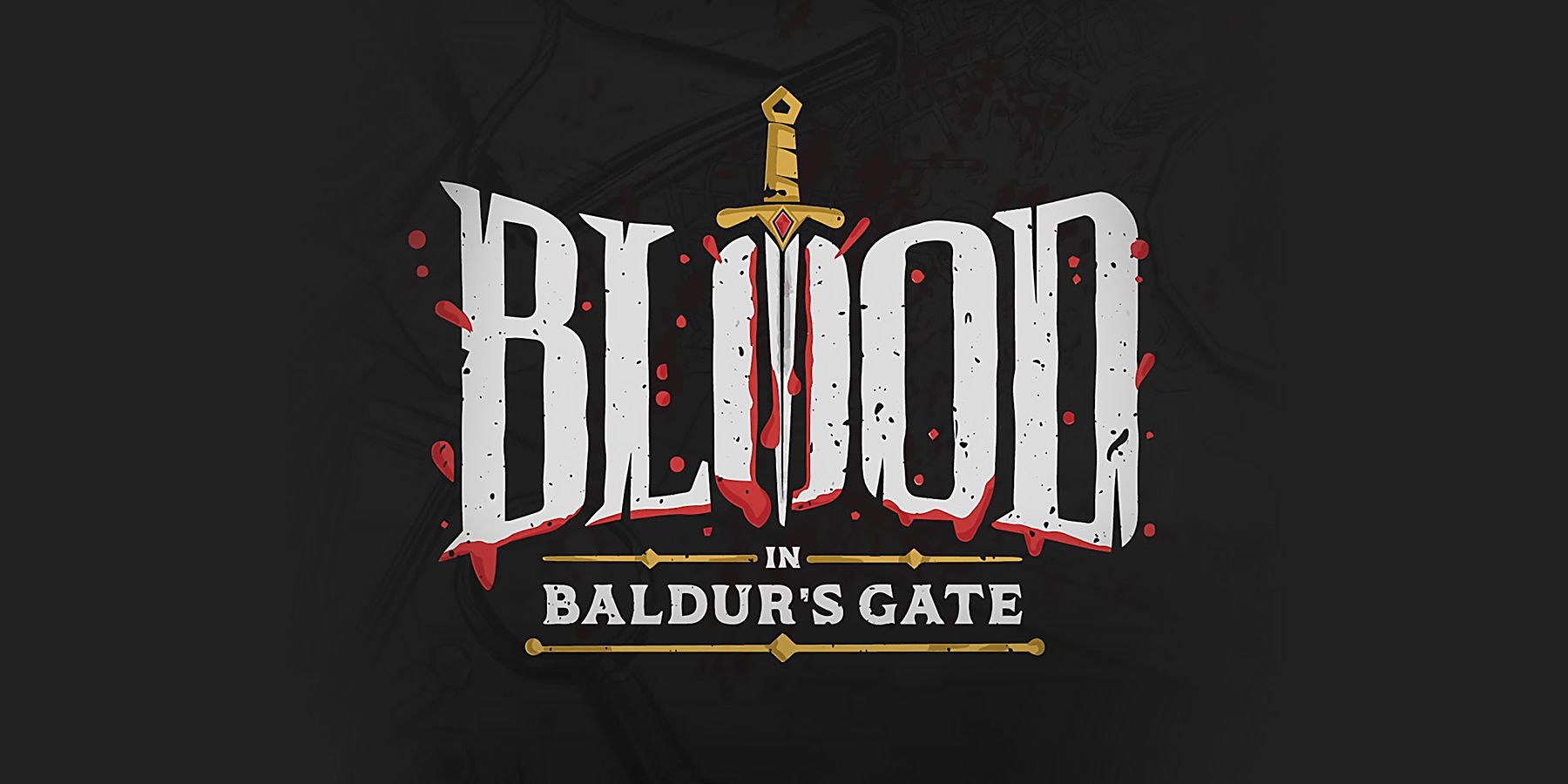
The Ultimate Baldur's Gate 3 Alchemy Mastery: Unleash Potions, Elixirs, and Beyond!

Discover the ultimate Alchemy Guide for Baldur's Gate 3! Learn how to prepare materials, find ingredients, unlock recipes, combine and refine ingredients, and master the Alchemy Tab Everything you need to become a master alchemist awaits!
Most of today's role-playing games (RPGs) feature a crafting element that allows characters to create their own weapons, food, and potions. However, in Baldur's Gate 3, the crafting profession is limited to Alchemy. Alchemy in Baldur's Gate 3 offers not only the typical potions and elixirs but also a wide range of other useful materials, including explosives, weapon coatings, poisons, and grenades. While these items can be purchased from vendors, those with lower Charisma scores who wish to save their gold would benefit from mastering the art of Alchemy.
Preparing Materials
Just as in the real world, the gathering and preparation of raw materials is essential before players can start creating anything. To ensure that the player's inventory doesn't get cluttered with various ingredients, the game provides everyone with an Alchemy Pouch, as well as a Backpack and Keychain, right from the beginning.
Finding Ingredients
The plants, herbs, and mushrooms found on the Sword Coast may not possess the shimmering or sparkling qualities found in other games, but they do possess vibrant colors and unique characteristics that make them stand out. While it is comparatively easier to locate ingredients in the wild, they can also be found plentifully underground.
The Underdark, in particular, harbors some of the scarcest and most precious plants and mushrooms. On the contrary, if the party is exploring a city, they can be purchased from a variety of vendors in cities and towns.
Unlocking Recipes
Unlocking Alchemy recipes in Baldur's Gate 3 can be achieved through various methods. Simply picking up a plant can sometimes grant a character access to the associated recipes. Additionally, recipes can also be learned during the Alchemy process, as raw materials are refined into valuable ingredients.
Another method of learning a recipe involves reading it from a note, parchment, or book, providing an interactive experience for the player within the game environment. These items may be obtained through side or hidden quests.
Unlike the Alchemy Pouch, which serves as storage for alchemical creations, there is no equivalent for the items that the character produces through the practice of Alchemy. As a result, potions, grenades, and other useful items can easily clutter up inventory space. It is strongly advised that players acquire an additional empty backpack or pouch to store their creations.
Alchemy Recipes
Combining Ingredients
In Baldur's Gate 3, there are no level restrictions for practicing Alchemy. Neither the character nor the skill itself requires a certain level. The only necessities are the correct ingredients and the recipe to produce a wide range of useful substances. Recipes are categorized by type, prioritizing consumables, explosives, and poison coatings, followed by the more intricate ingredients for crafting complex potions.Two substances need to be combined to make a potion, elixir, grenade, or coating. One of these can be a raw material, but at least one other must be a refined ingredient.
Refining Ingredients
Three units of any single substance are required to create sublimates, salts, essences, vitriols, suspensions, or ashes. This principle is widely recognized in the realm of Alchemy in Faerun and can be found in the same reference materials that provide recipe instructions and ingredient lists.
The Alchemy Tab
Included below are the typical potions that players frequently acquire or purchase. This compilation encompasses healing potions of varying potencies, as well as potions that enable communication with animals and prevent falling hazards.
Elixirs: These creations bestow characters with resistance to damage, replenish spell slots, or enhance their stats.
Grenades: These are items that can be thrown and detonated upon impact, such as Alchemist's Fire. The game features numerous grenades, although not all of them can be crafted.
Coatings encompass various types of toxins that not only inflict damage over time on the target but also possess the ability to hinder healing and reduce resistance.
Sublimates involve the combination of three primary elements to create a special substance, known as a sublimate, which serves as a crucial component in crafting more advanced potions and elixirs.
Salts are produced by grinding down or burning plants, fungi, and rocks. They serve as a key component for creating more intricate and potent potions and elixirs.
Essences, on the other hand, are frequently crafted from rocks or other unusual substances. They are employed in the production of potions and elixirs of exceptional or exceptional rarity.
Ashes, a ubiquitous element in numerous potions of varying potency.
Vitriols, obtained from fungi, minerals, or even human organs extracted from the undead, pose a greater challenge to acquire and are predominantly employed in potions of advanced levels.
These suspensions are derived from rare and potentially hazardous ingredients such as Gauth Eyestalk, and they are used in the creation of powerful potions.
The potions are kept in the Inventory of the character who crafts them. Although one party member has the ability to create all the potions, distributing them among the companions can be time-consuming. To ensure fairness, it is recommended to switch characters during the distribution process so that each party member receives an equal amount.
Baldur's Gate 3 is available for PC and PlayStation 5. A version for Xbox Series X|S is currently in development.















